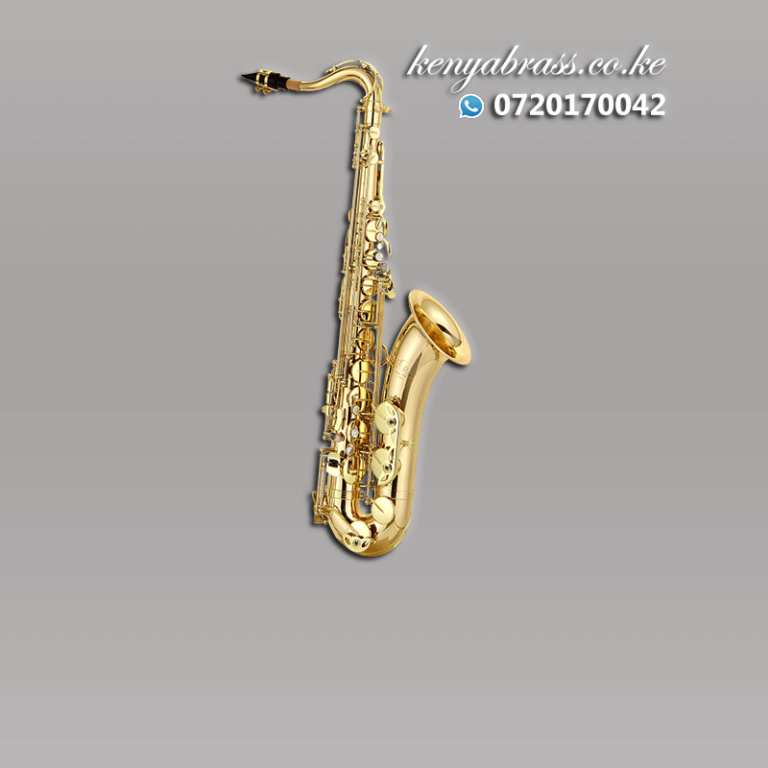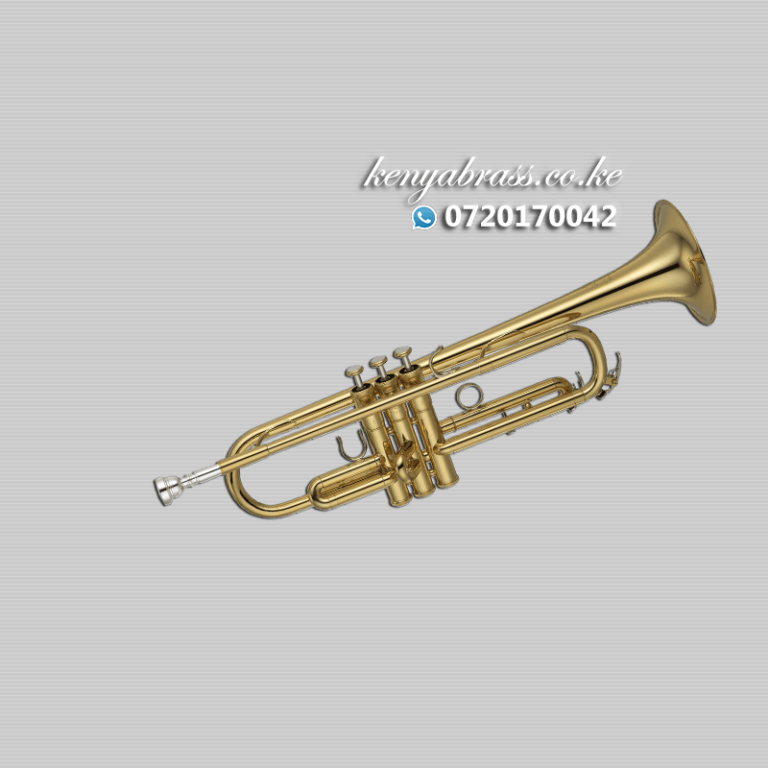Brass Musical Equipment Service and Maintenance
Introduction
Brass musical instruments, such as trumpets, trombones, tubas, and French horns, require regular service and maintenance to ensure they produce the best sound and remain in good condition. Proper maintenance not only enhances the instrument’s performance but also extends its lifespan. This article will discuss common maintenance steps and procedures, as well as the importance of maintaining brass musical equipment.
Common Maintenance Steps and Procedures
Cleaning
- Disassembly: Carefully disassemble the instrument, separating the mouthpiece, valves, slides, and main body.
- Washing: Use lukewarm water with mild soap to wash each part. Avoid hot water as it can damage the finish.
- Brushing: Use soft brushes designed for brass instruments to clean the inside of the tubing, valves, and mouthpiece.
- Rinsing and Drying: Rinse thoroughly with clean water and allow all parts to dry completely before reassembly.
Lubrication
- Valves: Apply a few drops of valve oil to each valve. Move the valves up and down to ensure the oil spreads evenly.
- Slides: Use slide grease on all tuning slides to keep them moving smoothly and to prevent sticking.
Polishing
- Surface Polishing: Use a brass polish and a soft cloth to shine the exterior of the instrument. This helps to remove fingerprints and tarnish.
- Avoiding Abrasives: Do not use abrasive materials that can scratch the surface of the instrument.
Inspection and Repairs
- Checking for Damage: Regularly inspect the instrument for dents, loose solder joints, and other damage.
- Professional Repairs: Take the instrument to a professional technician for any necessary repairs. Attempting to fix serious issues without proper training can cause more harm than good.
Storage
- Proper Case: Store the instrument in a sturdy, well-fitting case to protect it from physical damage.
- Avoiding Extreme Conditions: Keep the instrument away from extreme temperatures and humidity, which can damage the brass and affect the sound quality.
The Importance of Maintaining Brass Musical Equipment
Sound Quality
Regular maintenance ensures that the instrument produces a clear, consistent, and beautiful sound. Dirt and grime inside the instrument can distort the sound, while well-lubricated valves and slides allow for smooth, precise playing.
Longevity
Proper care and maintenance can significantly extend the life of a brass instrument. Regular cleaning and timely repairs prevent wear and tear from progressing, protecting your investment.
Performance
A well-maintained instrument responds better to the player’s actions. Smooth valves, slides, and a clean mouthpiece contribute to better intonation and easier playability.
Hygiene
Brass instruments can harbor bacteria and mold if not cleaned regularly. Regular cleaning ensures that the instrument is sanitary and safe to use, reducing the risk of infections and other health issues.
Aesthetic Appeal
Regular polishing keeps the instrument looking its best. A shiny, well-cared-for instrument not only looks impressive but also reflects the musician’s dedication and professionalism.
Maintaining brass musical equipment is crucial for ensuring optimal performance, longevity, and hygiene. By following regular cleaning, lubrication, inspection, and proper storage practices, musicians can enjoy the best possible experience with their brass instruments. Regular maintenance is not just about keeping the instrument in good shape; it is about preserving the quality of music it produces and ensuring the health and satisfaction of the musician




